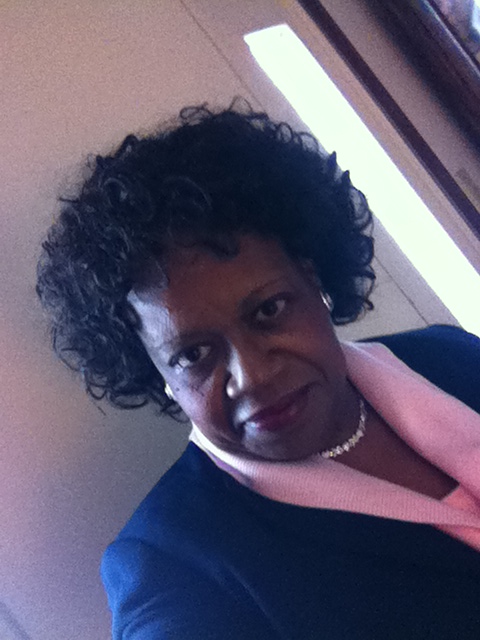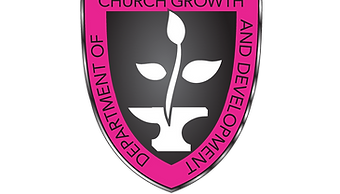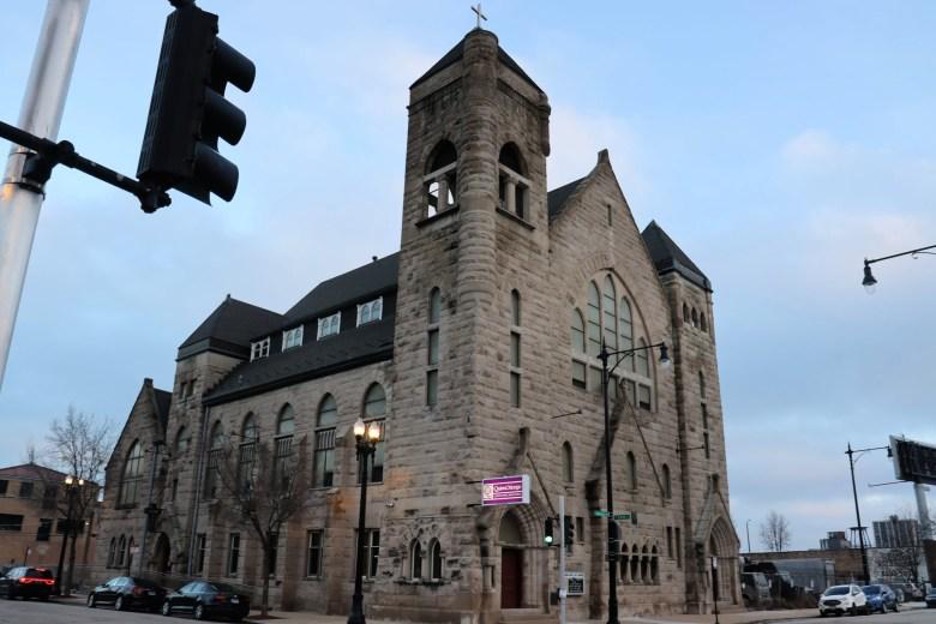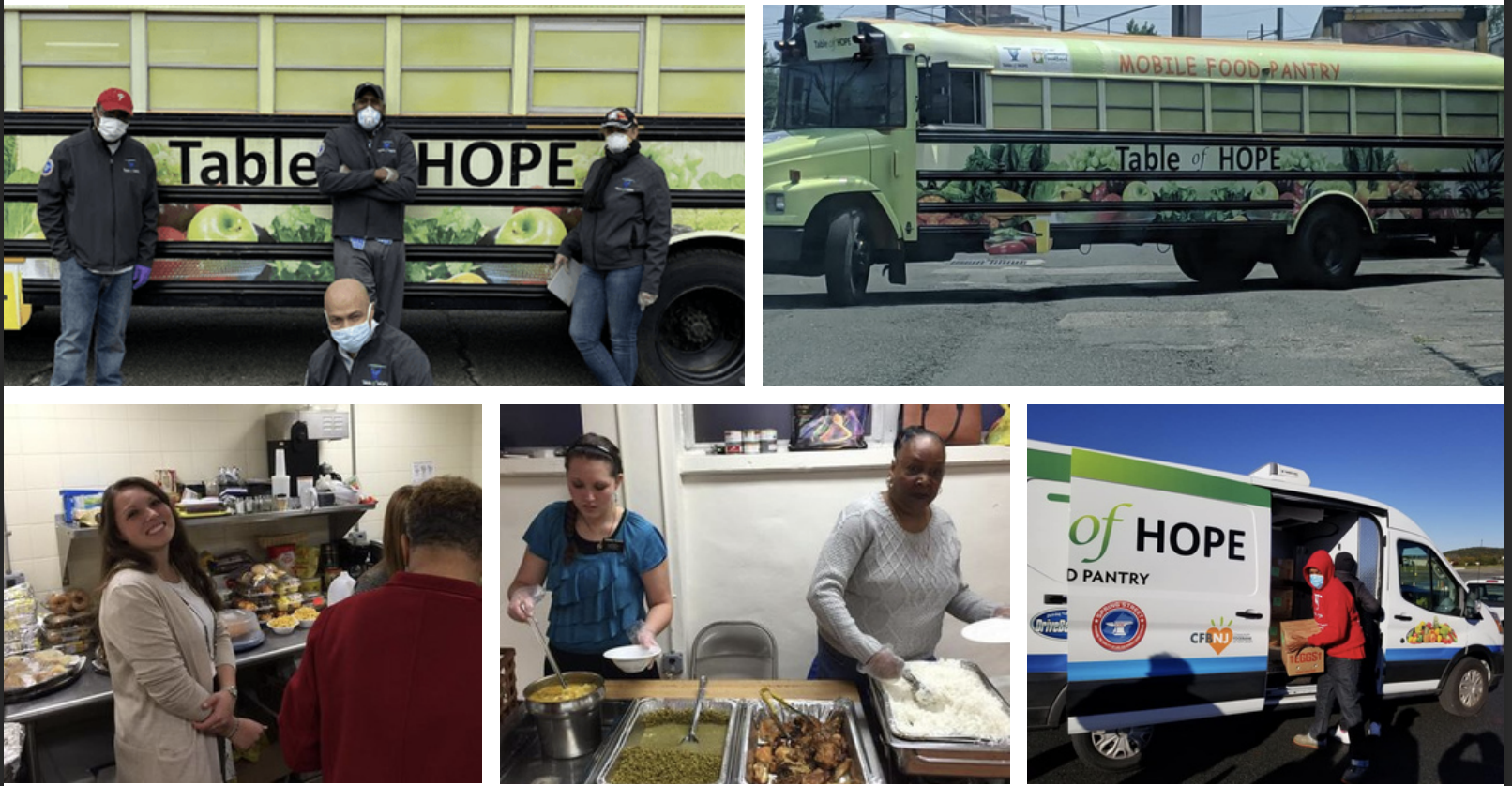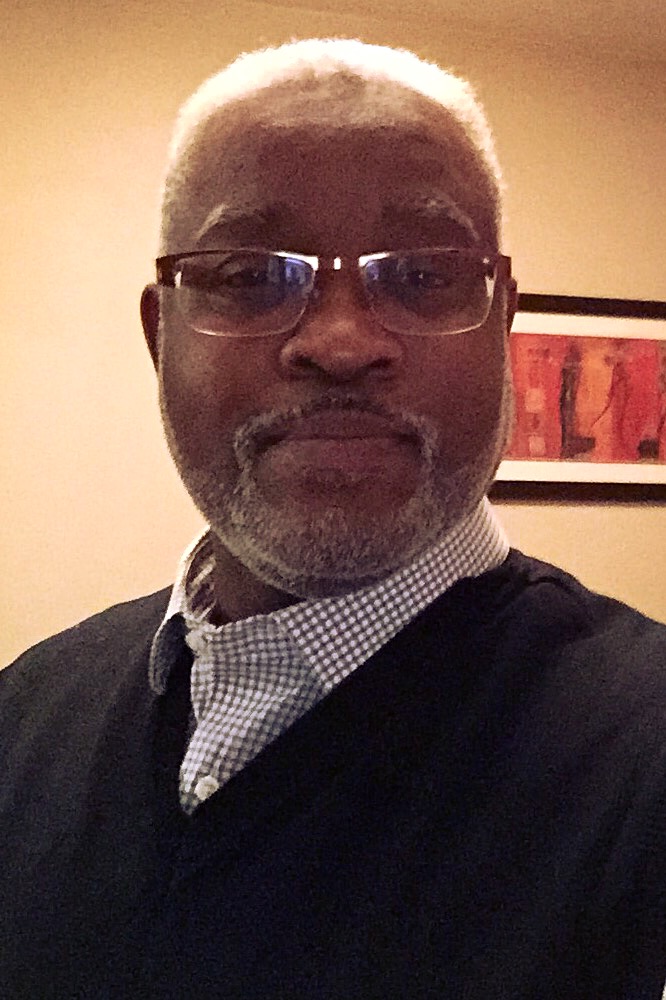Digital Equity For Black Americans: A Clarion Call
Rev. Dr. Betty Holley, Contributing Writer
Due to a plethora of factors, including systemic racism, Black Americans find themselves on the wrong side of the digital divide. Because of systemic racism, Black American households earn only about half as much on average as their white counterparts. For many working-class African American families, home internet costs are simply too high. So, why is internet access so expensive? According to research, there is little competition among internet service providers across the United States. Almost forty percent of American households live in an area with only one or two internet service providers. Without competition, these companies can charge whatever they want for their services. This leeway is a serious issue in Black communities because internet service providers have underinvested in low-income, minority communities, assuming they will earn large profits in wealthier, whiter areas. Consequently, predominantly Black communities have less digital infrastructure and slower internet speeds. Yet, Black Americans are often charged the same price on their monthly internet bills. This discriminatory practice is called “digital redlining.”
Other factors contribute to the racial digital divide. Signing up for broadband often requires a credit check, which becomes a barrier for low-income families. Achieving educational and financial success in the 21st century requires internet access. About thirty-one percent of Black Americans do not have a home computer, and thirty-eight percent lack high-speed internet access, or broadband, at home. Hence, about one in three Black adults are offline! Although the majority of Black Americans do have mobile internet, smartphones are not enough to bridge the digital divide.
In addition to increasing internet access, efforts to achieve digital equity must include a digital skills component. About seventy percent of the Black community are unprepared with digital skills, affecting their employability. As more work moves to remote formats, Black and Hispanic workers, without any intervention, could be locked out of eighty-six percent of jobs by 2045. Digital literacy has increasingly become a critical component of elementary and high school curricula. Black Americans, particularly, must be equipped with internet access and digital skills to thrive in today’s technological society. Upward economic mobility, educational success, and health outcomes depend on one’s ability to get online.
There is good news! The current administration’s Digital Equity Act will provide $14.2 billion to all states to promote digital inclusion. These funds include the Affordable Connectivity Program (ACP), which offers eligible low-income families discounts on their monthly internet service. Providers cannot deny service based on an individual’s poor credit score rating or if their households’ services were disconnected in the past due to nonpayment. Applicants also do not need to produce a social security number.
The ACP is a relatively new initiative, and many people still need to learn how to sign up. Organizations like Community Tech Network (CTN) host workshops to help people enroll in the program and train nonprofit and community leaders to become ACP enrollment specialists. This training allows them to become experts in helping people get online. In addition, groups, including the Black Churches 4 Digital Equity coalition, have worked tirelessly to increase ACP enrollment. Currently, over 11.5 million households are already enrolled in the ACP. Homeless individuals are also eligible so long as they can state where they reside at night, whether in a shelter or on a street corner.
For more information about the ACP and to check eligibility requirements, visit the program’s website or call toll-free: (877) 384-2575.

